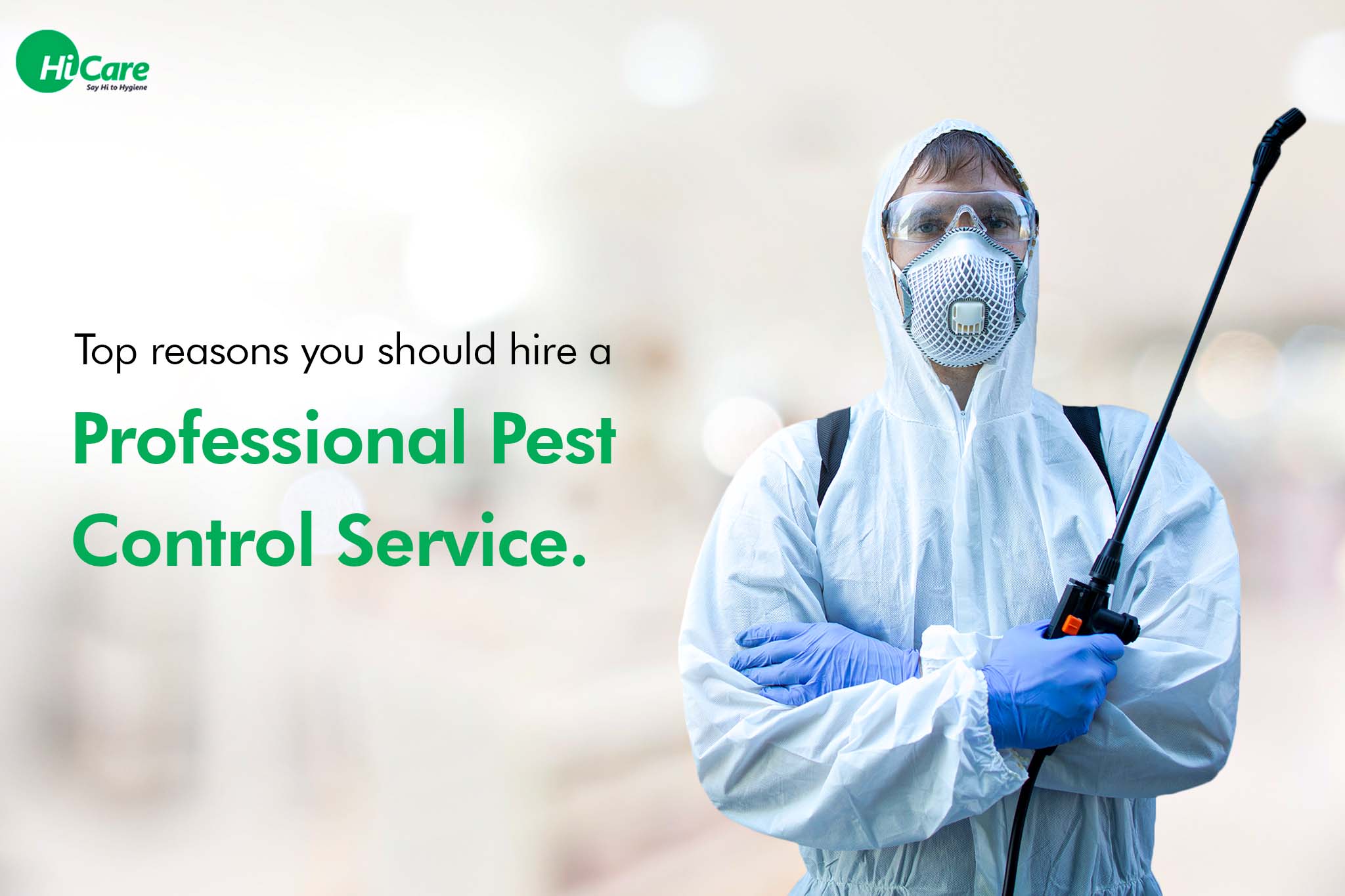Pest Control Clovis Professionals: Securing Your Family Members and Home
Recognizing the Different Methods to Bug Control: A Comprehensive Guide

Natural Insect Control Methods
Utilizing environmentally friendly techniques such as companion planting and organic bug control is vital for efficiently managing parasites in farming settings. Friend growing includes expanding various crops in closeness to prevent insects, boost nutrient uptake, and enhance total plant health.
Organic bug control involves presenting natural killers or microorganisms to control pest populations. Ladybugs, for example, feed on aphids, controlling their numbers without the demand for chemical pesticides. One more example is using Bacillus thuringiensis (Bt), a microorganism that targets details insect bugs while being safe to people, animals, and helpful bugs.
These eco-friendly techniques not just minimize the reliance on artificial pesticides however also assist maintain biodiversity and soil wellness. By incorporating all-natural pest control approaches into farming techniques, farmers can accomplish lasting pest management while decreasing negative influence on the setting.

Chemical Bug Control Solutions
Along with all-natural pest control techniques, the usage of chemical parasite control remedies plays a substantial function in properly handling pest populaces in farming environments. Chemical insect control options are created to target details pests that may cause substantial damage to crops. These services usually contain synthetic pesticides that are designed to eradicate insects swiftly and successfully.
Among the vital benefits of chemical parasite control remedies is their performance in regulating parasite problems widespread. Farmers can apply these solutions using various methods such as splashing, airing out, or seed therapy to secure their crops from damaging bugs, weeds, and diseases. Additionally, chemical pest control solutions are reasonably very easy to apply and can offer rapid outcomes, assisting farmers protect their yields and minimize financial losses.
Nonetheless, it is crucial to utilize chemical pest control options sensibly to reduce potential unfavorable impacts on the setting, non-target organisms, and human wellness. Appropriate application techniques, adherence to security standards, and routine monitoring are vital to guarantee the liable use of chemical parasite control services in farming practices.
Organic Parasite Control Approaches
Organic parasite control approaches leverage natural predators or pathogens to take care of parasite populations in agricultural settings efficiently. One typical organic control technique is the intro of natural opponents, such as ladybugs or parasitic wasps, to target certain bugs.
An additional organic control approach entails making use of virus like fungis, germs, or infections to infect and kill pests. These microbial agents can be splashed on plants or presented into the soil to combat numerous parasites without damaging valuable pests or various other wildlife. Additionally, making use of scents to interfere with the mating patterns of insects is an additional reliable organic control approach. By disrupting their reproduction, this method aids to lower bug populations without the need for chemical treatment. On the whole, biological pest control strategies use a sustainable and targeted solution to pest administration in agriculture.
Integrated Pest Monitoring (IPM)
Integrated Insect Monitoring (IPM) is a detailed original site approach that integrates numerous insect control approaches to efficiently take care of and minimize pest populations in farming systems. IPM concentrates on long-lasting avoidance of insects with a mix of biological, cultural, physical, and chemical control approaches. By integrating these different strategies, IPM intends to minimize dependence on chemical pesticides, minimize environmental effect, and advertise sustainable insect administration techniques.
One key element of IPM is using organic controls such as natural predators, parasites, and microorganisms to informative post manage pest populations. This approach utilizes the power of nature to preserve an equilibrium in between parasites and their natural enemies without triggering damage to the atmosphere.
In addition, IPM entails cultural methods like plant habitat, rotation, and sanitation manipulation to develop negative problems for insects and disrupt their life cycles. Physical controls such as catches, obstacles, and mulches are likewise used to stop insect invasions.
Physical and mechanical Parasite Control Techniques
Utilizing non-chemical approaches, such as physical and mechanical bug control strategies, is a critical aspect of extensive insect management strategies, building upon the foundation of Integrated Parasite Management's alternative strategy. Mechanical bug control entails making use of physical barriers or traps to avoid insects from accessing and damaging plants or frameworks. This technique can include methods like setting up displays on home windows, utilizing row useful content covers in agriculture, or using sticky traps to capture insects.
Physical parasite control approaches, on the other hand, concentrate on straight eliminating parasites with physical ways. Using warmth treatments to get rid of bed insects or vacuuming up insects like ants or crawlers can be reliable methods to take care of infestations without the usage of chemicals. By incorporating these physical and mechanical pest control methods right into an Integrated Parasite Administration strategy, individuals and experts can minimize dependence on pesticides while still successfully minimizing and handling pest populaces damages.
Conclusion

In addition to natural parasite control techniques, the usage of chemical pest control remedies plays a substantial function in effectively taking care of pest populations in farming environments.One of the vital benefits of chemical pest control remedies is their efficiency in regulating insect invasions on a huge range.Integrated Parasite Administration (IPM) is an extensive approach that integrates various bug control techniques to properly handle and minimize pest populations in farming systems.Using non-chemical approaches, such as mechanical and physical parasite control methods, is a crucial element of comprehensive bug monitoring techniques, constructing upon the foundation of Integrated Insect Monitoring's holistic technique. By including these mechanical and physical bug control strategies into an Integrated Bug Monitoring plan, individuals and experts can decrease dependence on chemicals while still efficiently reducing and taking care of pest populaces damages.